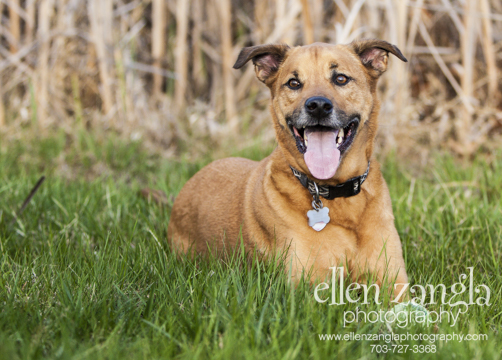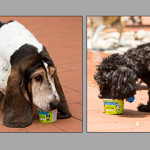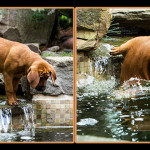Keep Your Pets Safe From Harmful Household Items
There are many common household items that can harm your pet. Some, like chocolate, probably won’t surprise you. But did you know that salt is bad for them, too? Or coffee? Or aloe? According to the ASPCA, other things around the house that can hurt your pet:
- Human medications: This includes over-the-counter pain medications, vitamins and cold & flu medicines.
- Plants: Lots and lots of plants are on the list, including aloe, daffodils and ferns. Catmint, on the other hand, is not harmful and is a plant that cats love (as do bees and butterflies, an added bonus).
- Human foods: Chocolate, salt and coffee as mentioned above. Garlic, onions, raisins and tea leaves also are harmful.
- Cleaning products, chemicals and anti-pest products: Included here are detergents, disinfectants, paint, pest baits (e.g., rodent and fly baits) and mothballs. If you have a dog, it is a good idea to shut the dishwasher so he doesn’t accidentally ingest dish washer detergent when trying to helpfully “rinse” those dinner plates.
- Objects: I had a dog once eat a pair of my nylons (on the list of items to watch for). Luckily, he managed to get them out on his own, so it didn’t require an expensive trip to the vet. Other dangerous household items pets can ingest include cotton swabs, dental floss and plastic wrap.
- In the home: Most are obvious, such as balconies, fireplaces and the washer and dryer. I always worry that my cats will discover warm clothing in the dryer, nestle in and I won’t see them before closing the dryer or turning it on again, so I always check first. And then check again.
- Outside the home: Compost, fertilizer, pesticides and algae put your pet at risk.
- Special occasions/holidays: Turkey bones, candles, balloons and tree water. I can understand an animal wanting to eat a turkey bone, but a balloon?
If you have a poison-related emergency, call your vet or the ASPCA’s poison control hotline at 888-426-4435. And for the entire list of 101 things you might not know can be dangerous for your pet, view the ASPCA’s list.
Ellen Zangla Photography—Specializing in pets and the people who love them.



